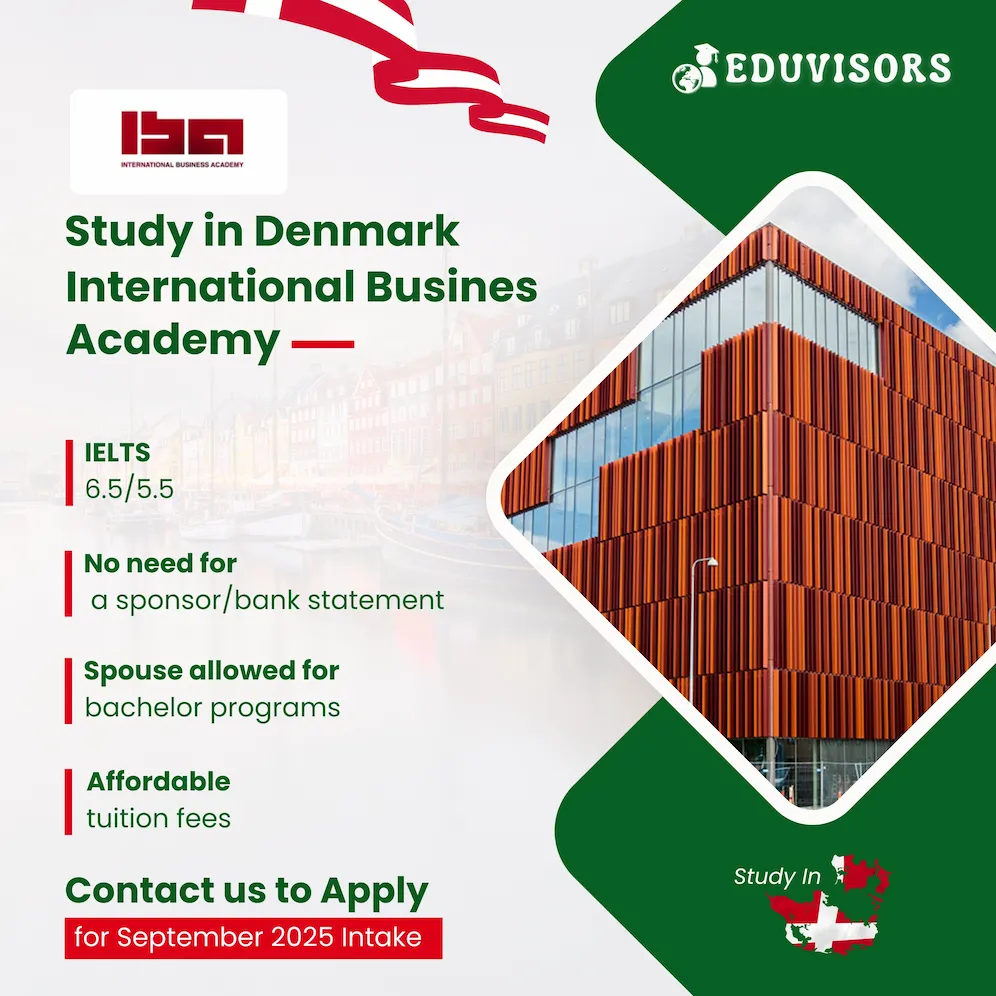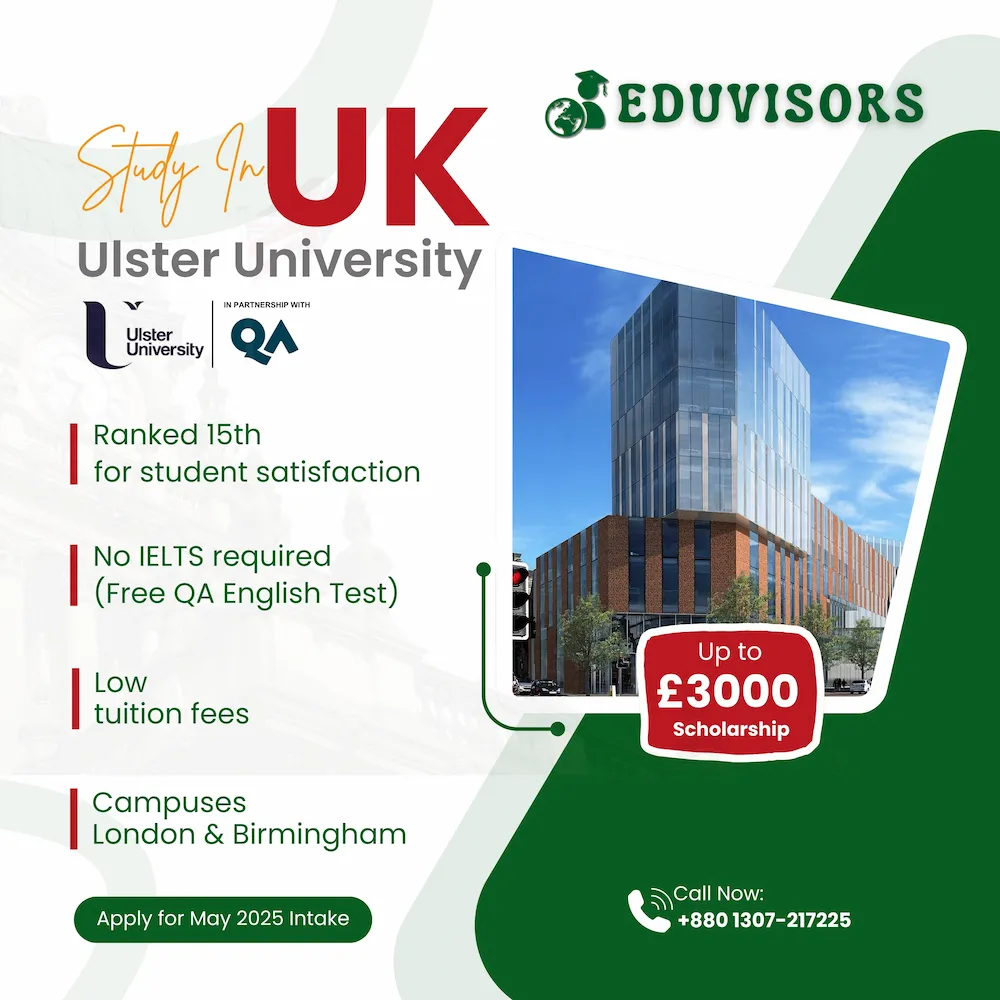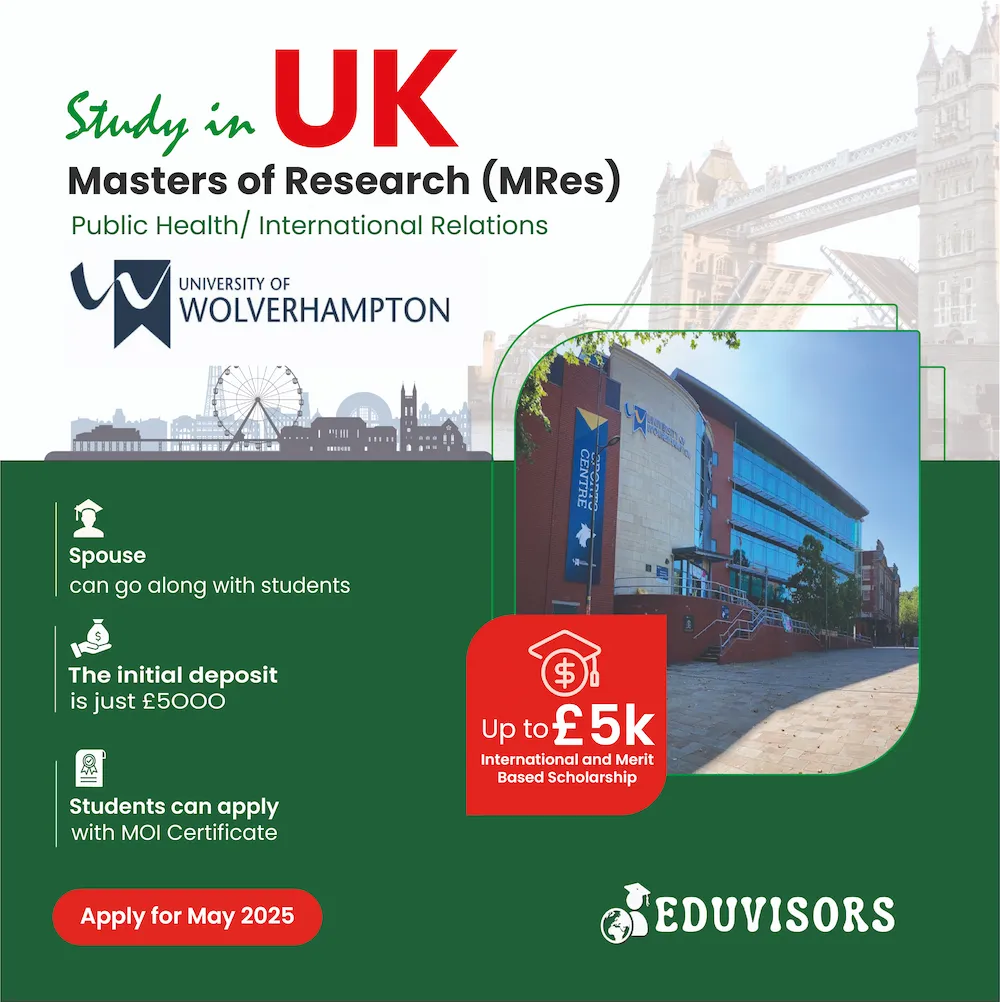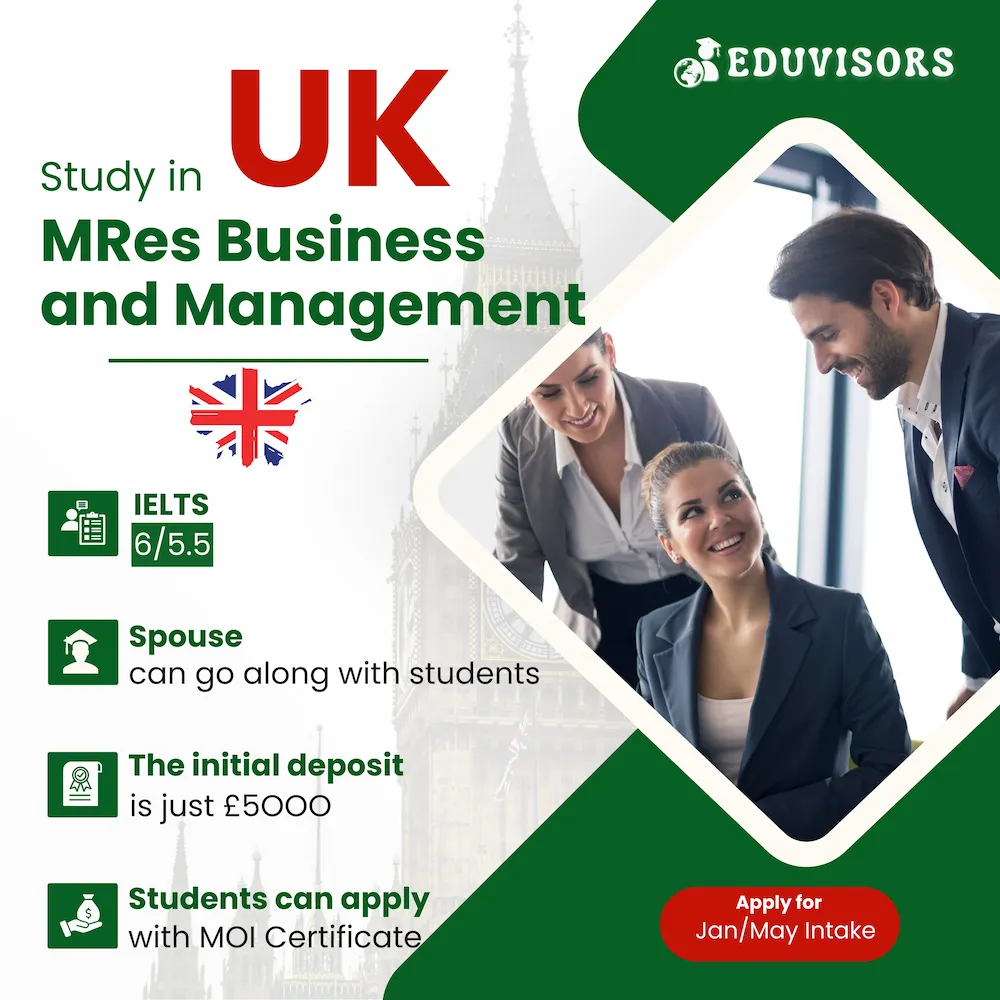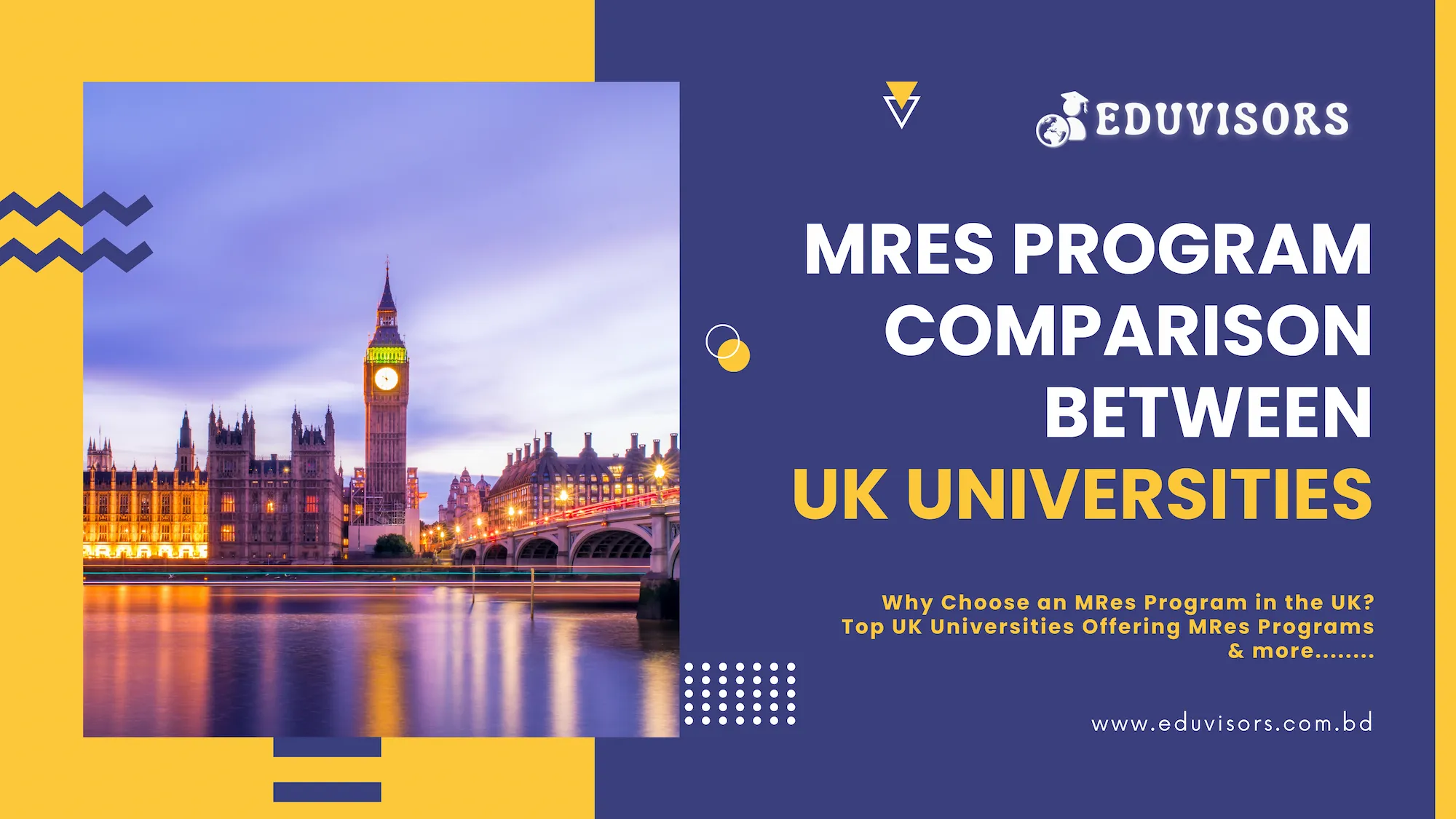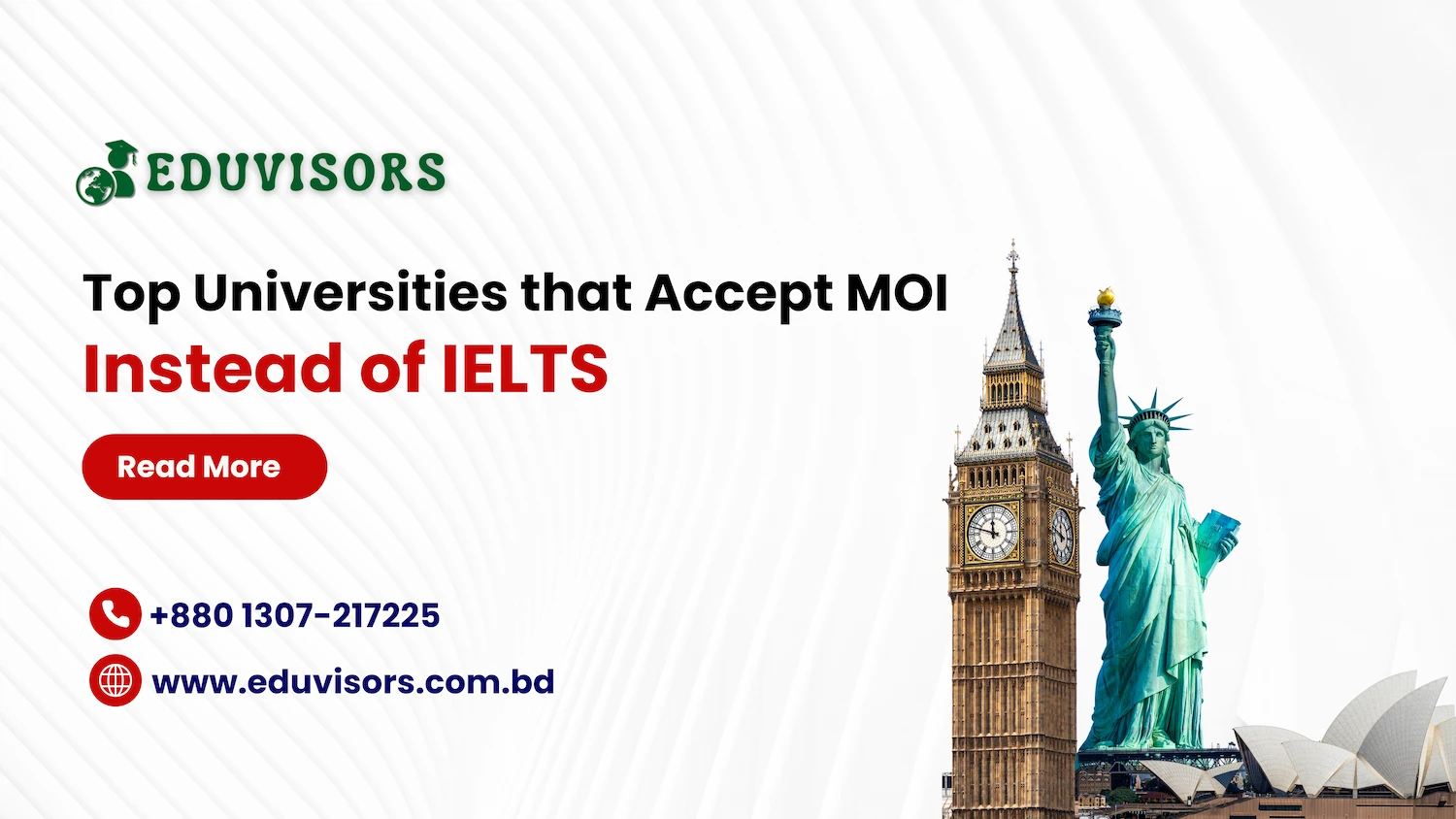What is a post-study work permit or PSW?
International students who have finished their degree program abroad can work and remain in that country for a predetermined amount of time after graduation with a Post-Study Work Permit (PSW). By participating in the PSW, new graduates can obtain work experience and boost the local economy.
Typically, the permission is issued for a set amount of time when graduates are free to work or look for work. The holder can work in the nation during the permit’s validity period. Specific programs might impose particular limitations on the kind of work or require employment in a subject relevant to the graduate’s field of study.
There are situations where the PSW might include a time slot set aside for graduates to look for work actively. As a result, they can find employment in their subject of study. The PSW may be a means of gaining permanent residency in some nations. Graduates may be able to seek a more permanent immigration status if they get hired in their field.
Post Study Work Permit or PSW years according to different countries?
Each country has its own rules regarding post-study work permits and availability. Several nations have studied or implemented initiatives to lure international students and skilled labor. Generally speaking, the post-study work permit’s tenure varies, and depending on national regulations, it can allow graduates to work either full- or part-time.
Post-Study Work Permit in the United Kingdom
The UK Post-Study Work (PSW) option is called the “Graduate Route.” After completing their degree program in the UK, international students can stay and work or hunt for work for a while after graduation, thanks to the Graduate Route. The following are some essential points regarding the UK Graduate Route:
After finishing their studies, qualified students may stay in the UK for a maximum of two years (or three years for doctorate students) under the Graduate Route.
Post Study Work Permit in Australia
The time required for the Post-Study Work stream varies based on the degree of qualification earned in Australia.
Bachelor’s or master’s degree holders could qualify for a two-year work visa, and doctorate holders may be qualified for a four-year work visa.
Post Study Work Permit in USA
The United States does not have a particular post-study employment visa. Nonetheless, several employment authorization options are available to international students studying in the United States, allowing them to work temporarily there. Following their studies, international students frequently choose to work in the United States in the following capacities:
Under the Optional Practical Training (OPT) program, international students with an F-1 visa can work in the United States for up to 12 months or 24 months if they have a STEM degree in a subject related to their major.
Students with degrees in specific STEM subjects (science, technology, engineering, and mathematics) may be eligible for a 24-month extension to extend their OPT for 36 months.
Post Study Work Permit in Canada
Under the Post-Graduation Work Permit (PGWP) program, international students who have finished qualifying courses at approved educational institutions are entitled to work in Canada. The length of the program that is finished in Canada determines how long the PGWP will last. A work visa that can last up to three years may be available to graduates of two-year or longer institutions. Graduates of programs lasting at least eight months but less than two years may be eligible for a work visa that will last the same time as their program.
Post Study Work Permit in Denmark
International students can apply for a work visa from Denmark after graduation. The length of the permit is determined by how long the program must be finished, and graduates may utilize this time to look for work in Denmark. Compared to graduates with a bachelor’s degree, those holding a master’s or doctoral degree may be qualified for a lengthier permit.
Post-Study Work Permit in Hungary
Hungary’s post-graduation employment permit regime is comparatively accommodating. After completing a higher education program, international students are permitted to remain in Hungary for a set amount of time to look for work or to work there without a separate work permit.
Post-Study Work Permit in Sweden
After graduation, overseas students can stay in Sweden for extra time to look for work or launch a business. The degree of completed education determines the permit’s validity.
Post-Study Work Permit in Finland
Finland allows international students to work there after graduation. Graduates are granted permission to work and remain in Finland for a predetermined amount of time, usually determined by the length and caliber of their completed degree.
Post-Study Work Permit in Malaysia
International students who want to stay and work in Malaysia after graduation have many choices. The alternatives include the Employment Pass or other work permits, depending on the type of job.

What are the eligibility requirements for the post-study work permit or PSW?
Each country has its own set of regulations and procedures, and the qualifying requirements for Post-Study Work (PSW) programs differ. The general elements listed below are frequently taken into account when determining PSW eligibility:
- Successful Completion of Studies
- Type of Program
- Valid Student Visa
- Institutional Recognition
- Compliance with Immigration Regulations
- Application Timing
- Health and Character Requirements
- Financial Requirements
- Language Proficiency
Benefits of Post Study Work Permit or PSW for International Students
The Post-Study Work (PSW) programs offered by various countries provide several benefits to international students. Here are some common advantages associated with PSW programs:
- Work Experience
- Integration into the Labor Market
- Financial Independence
- Potential Path to Permanent Residency
- Cultural Exposure
- Networking Opportunities
- Application of Academic Knowledge
- Increased Employability
- Extended Stay in the Host Country
- Contribution to the Local Economy
The procedure for getting a study Work Permit or PSW
The application process and exact requirements for each nation vary, as does the process for getting a Post-Study Work (PSW) permit. An outline of the usual procedures for applying for a PSW permit is provided below:
- Fulfilling specific requirements, such as having a valid student visa and adhering to other immigration laws, are frequently prerequisites.
- Assemble the paperwork needed for your PSW application.
- Follow the instructions supplied by the immigration authorities when applying for a PSW permit.
- Remit the necessary application costs linked to the PSW permit submission. The immigration authorities may specify specific payment methods and varying fee amounts.
- Some countries may request biometric data from applicants during the application process.
- Following your application, immigration officials will examine your files and determine your eligibility during processing. The length of processing varies per nation.
- The PSW permit will be provided upon approval. The permission will detail the length of your permitted stay and any terms or limitations.
- After receiving your PSW permit, you can begin working within the nation or, in some situations, look for work.
- Some nations may have reporting requirements for holders of PSW permits. You must fulfill any reporting requirements set forth by the immigration authorities.
Permits for Post-Study Work are a revolutionary tool in foreign education. In addition to the direct advantages for graduates, these programs support the host nation’s economic development, cultural diversity, and international competitiveness.
PSW programs are becoming increasingly important in influencing the future of education, the workforce, and globalized communities as countries realize the importance of attracting and maintaining international talent.





